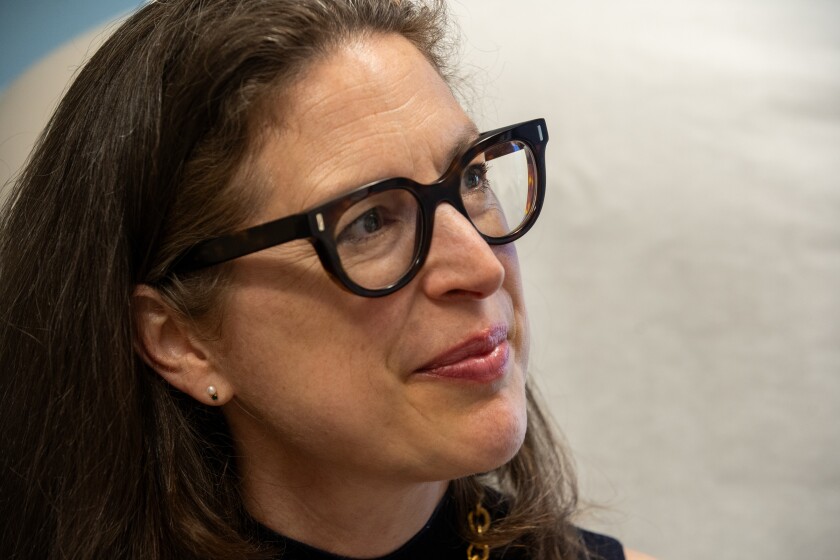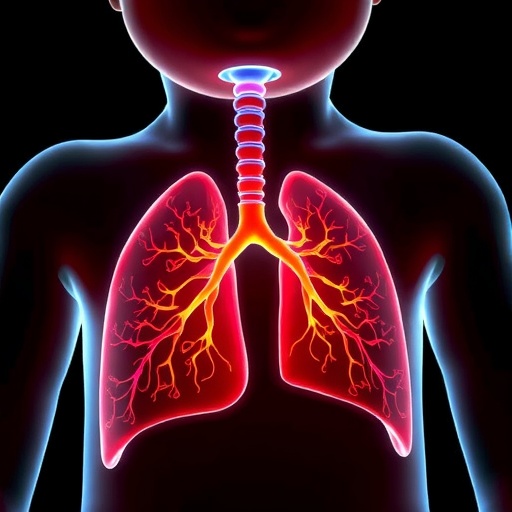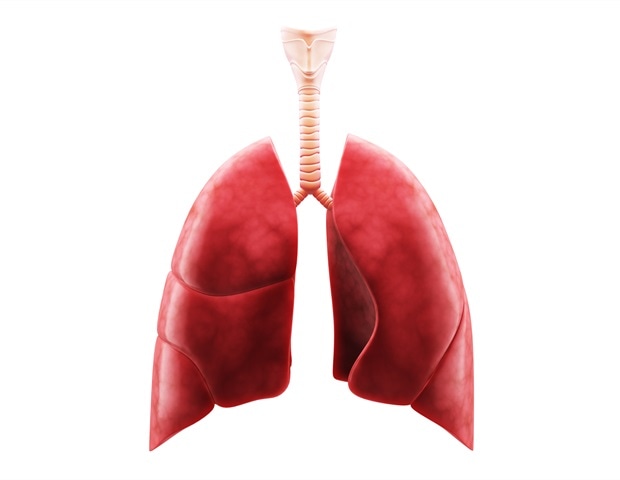Mother of twins upends her life for double lung transplant after failed cancer treatments

Cornelia Tischmacher had always longed to become a mother.
Then at 40 years old, she gave birth to twins, Leo and Lucie. But within a year of their births, doctors in her native Germany diagnosed her with lung cancer despite not having any significant history of smoking.
“This is the one thing that just cannot happen,” Tischmacher recalled thinking as she recounted her ordeal recently from a Northwestern Memorial Hospital exam room. “Because my husband is also 18 years older, I thought, ‘Who will take care of them if I am not around?’ So I thought to myself — there is no alternative. You have to survive.’ ”
Surviving the past six years has meant chemotherapies, immunotherapies, clinical trials and a lobectomy, which is a surgery that removes a section of an organ. But the cancer persisted. Even as Tischmacher’s health declined and she was unable to cook a meal, she continued getting up each morning and helping her twins with their homework, even if it meant doing so from a couch in their Berlin home.
She decided to try for more. Faced with a terminal stage 4 lung cancer diagnosis, she arrived in Chicago last December for a double lung transplant at Northwestern Medicine. Five months later, she is no longer showing any signs of cancer, said Dr. Ankit Bharat, chief of thoracic surgery at Northwestern Medicine Canning Thoracic Institute.
Tischmacher, 48, can now breathe on her own and is beginning to tour Chicago. She will have to remain in the city for at least a year without her children, now 8 years old, and her husband as she recovers — and survives.

Before Cornelia Tischmacher’s lung transplant surgery, all other medical interventions had failed.
Tischmacher’s lung cancer is part of an alarming trend doctors are seeing among women with no significant history of smoking, Bharat said. Because the women, who are in their 40s and 50s, don’t have a history of smoking, they aren’t being diagnosed until the cancer is advanced and more severe.
Tischmacher, who upended both her personal and professional life, was told by doctors in Germany that she wasn’t eligible for a lung transplant. That’s when she learned from parents at her son’s school about a program at Northwestern that does transplants on lung cancer patients known as DREAM, Double Lung Transplant Registry Aimed for Lung-Limited Malignancies. The program uses a new and modified surgical technique that removes both lungs before inserting the donated organ, Bharat said.
Getting to Chicago proved challenging. She couldn’t fly commercial because of her oxygen needs. Then when she arrived in the U.S., she had to fly to Toronto to visit a U.S. embassy to secure a temporary visitor’s visa for medical treatment.
Tischmacher’s cancer was rapidly advancing, but it had not spread to other organs, which meant she was eligible for the transplant, Bharat said.
“She was in what we call impending respiratory failure, meaning the shutdown of lungs was quite imminent because of how extensive the cancer had become,” he said.

Lung cancer is the leading cause of cancer-related deaths in the United States, according to Northwestern Medicine, and there’s a growing number of younger women being diagnosed who have no history, or limited history, of smoking.
The double lung transplant takes 8 to 10 hours, during which doctors remove the lungs while also ensuring that the billions of cancer cells don’t enter the blood stream or chest cavity, Bharat said. There is a point in the surgery when the patient doesn’t have any lungs and is sustained by machines.
In Tischmacher’s case, there were extra challenges because of the prior surgery and cancer treatments, Bharat said.
“The lung and cancer was stuck to the surrounding structures,” he said. “So that poses particular challenges because when you’re dissecting all of that off from under the surface of the ribs, from the heart, from the diaphragm, from the lining around the heart and all the nerves that run inside the chest cavity — you cannot afford to leave a single cell behind.”
Bharat said he doesn’t see the surgery as a replacement for cancer treatments, but instead an option for people like Tischmacher who have exhausted all other treatments.
Tischmacher will be monitored by doctors for infections or signs of cancer over the year as she remains in Chicago. She struggles going up stairs, but she is walking about 10,000 steps a day through Chicago’s Loop.
Her mornings are typically spent coordinating things for her children and she tries to video chat with them every other day. The twins visited for the first time last month, and saw the city from the top of Willis Tower and played at Maggie Daley Park.

Cornelia Tischmacher shares pictures of her kids, Leo and Lucie. They are staying in Berlin while she recovers in Chicago.
Those were activities that not long ago she couldn’t do with her children. She recalled that her son didn’t initially want her to leave Berlin for Chicago.
“I said to him, ‘Listen, you see I’m only on the couch, I cannot even bring you a drink from the kitchen anymore,’” she recalled. “He was in his room and then he came back out after an hour and said, ‘OK, I let you go. You should go because it’s true, we can’t even go ice skating together.’”
Her children plan to visit Chicago during their summer vacation, and she hopes to be home with them by Christmas.
link






